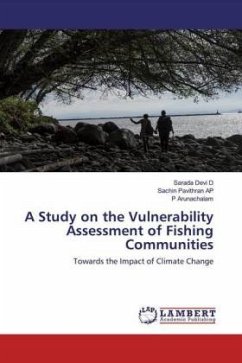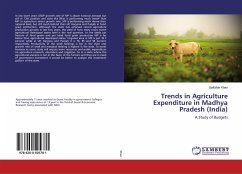A sharp and incisive review of contractual arrangements in Philippine fisheries. Implicit in the present study is the belief that sound policies for the fisheries sector of the Philippines must be based on an understanding of the fundamental incentives underlying contractual arrangements in the fisheries sector of developing countries. If, in our reformist zeal, we do not pay enough attention to the underlying economic rationale of pre-existing contractual arrangements and their interconnections, and try to hack away parts of them, we may not always improve (and may even worsen) the lot of the poor tenant-laborer-borrower, the intended beneficiary of the reform program. A well-intentioned land redistribution program may, for example, be rendered counter-productive by the absence of a simultaneous program of credit reform; even in credit reform, public banks spreading to reach out to the peasants may meet with limited success in the face of the potential borrower interlocked in her credit-cum-land or labor relationship with the local lender-landlord-employer.







